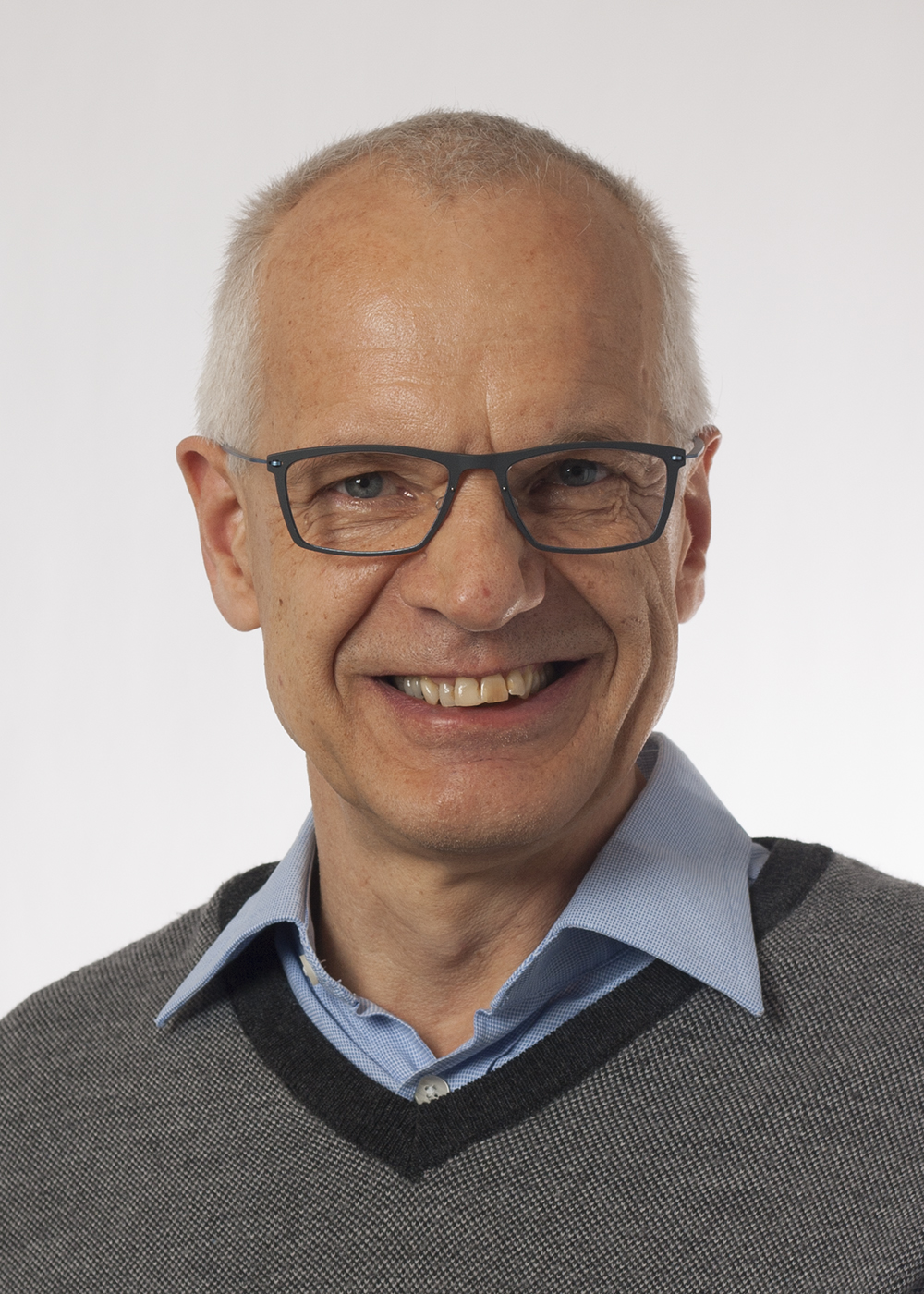Jens Stougaard awarded the Order of Dannebrog
Her Majesty the Queen has awarded Professor Jens Stougaard the Order of Dannebrog as of 23 September 2016 in recognition of his impressive career.

Jens Stougaard was appointed professor at the Department of Molecular Biology and Genetics in 2016, and before that he was an associate professor, assistant professor and postdoctoral fellow at the same department. In 1979-84 he was a graduate student at the University of Sussex, Brighton, England, where he earned a doctorate degree in 1984. In 1979 he graduated (cand.agro.) from the Royal Veterinary and Agricultural University, which is now merged with the University of Copenhagen.
Stougaard currently heads an international research team of 35 scientists. When he returned to Denmark from the University of Sussex with his PhD, his task was to establish himself as a researcher. His first postdoc years were funded by the Danish biotech fund, something completely new at the time. Biotechnology was a new national research priority, so it was relatively smooth sailing to find funding for this type of research. But like every other junior scientist, Stougaard had to pay his dues while establishing his own research area by living from short-term grant to grant in order to finance his research projects.
Until he broke through with an idea that no one else in the world was working on, and which led to groundbreaking advances in our understanding of symbiotic nitrogen fixation through his work on the wild legume Lotus japonicus. Today, his research group’s work is currently based on this previous discovery of how legumes such as L. japonicus establish symbiosis with bacteria in the surrounding soil. These bacteria are able to turn atmospheric nitrogen into nitrogen compounds that plants can use. This means that legumes are able to create their own fertiliser through their symbiosis with these bacteria.
Major grants followed on these heels of this discovery: a grant from the Danish National Research Foundation, an ERC Advanced Grant and participation in a multimillion dollar project funded by the Bill and Melinda Gates Foundation. Stougaard’s growing research group became a world leader in the field of plant biology.
In collaboration with international colleagues, the team is now in the process of studying how this self-fertilising mechanism can be transferred to cereal plants such as maize. Maize was chosen because it is the main source of nutrition in the sub-Saharan regions.
Research into the self-fertilising maize is being carried out under the auspices of the Bill & Melinda Gates Foundation, which has granted almost USD 10 million to the international research team working to create symbiosis between cereal crops such as maize and nitrogen-fixing bacteria. The project is called Engineering Nitrogen Symbiosis for Africa (abbreviated to ENSA).
The symbiosis will make it possible for the maize to obtain nitrogen from the air. A ‘natural fertilisation package’ will get the maize to provide greater yields, and thereby put more food on the table for small-scale African farmers who grow crops to feed their own families and the local community. This type of farming is widespread in many parts of Africa.
If the project is successful, the method will be both cheap and sustainable for the farmers. Cheap, because the fertiliser mechanism is built into the grain they already use. Sustainable, because using a fertiliser is unnecessary, thereby avoiding environmental pollution.
Even small increases in the nitrogen level could improve yields for African farmers who cannot afford fertiliser, and the aim is to deliver the technology through locally produced seeds.
In the longer term, the results could have substantial impact worldwide, since it might reduce – or even eliminate – the use of artificial fertilisers and thereby reduce environmental pollution.
For further information, please contact
Professor Jens Stougaard
Department of Molecular Biology and Genetics,
Aarhus University, Denmark
stougaard@mbg.au.dk – mobile +45 6020 2649
